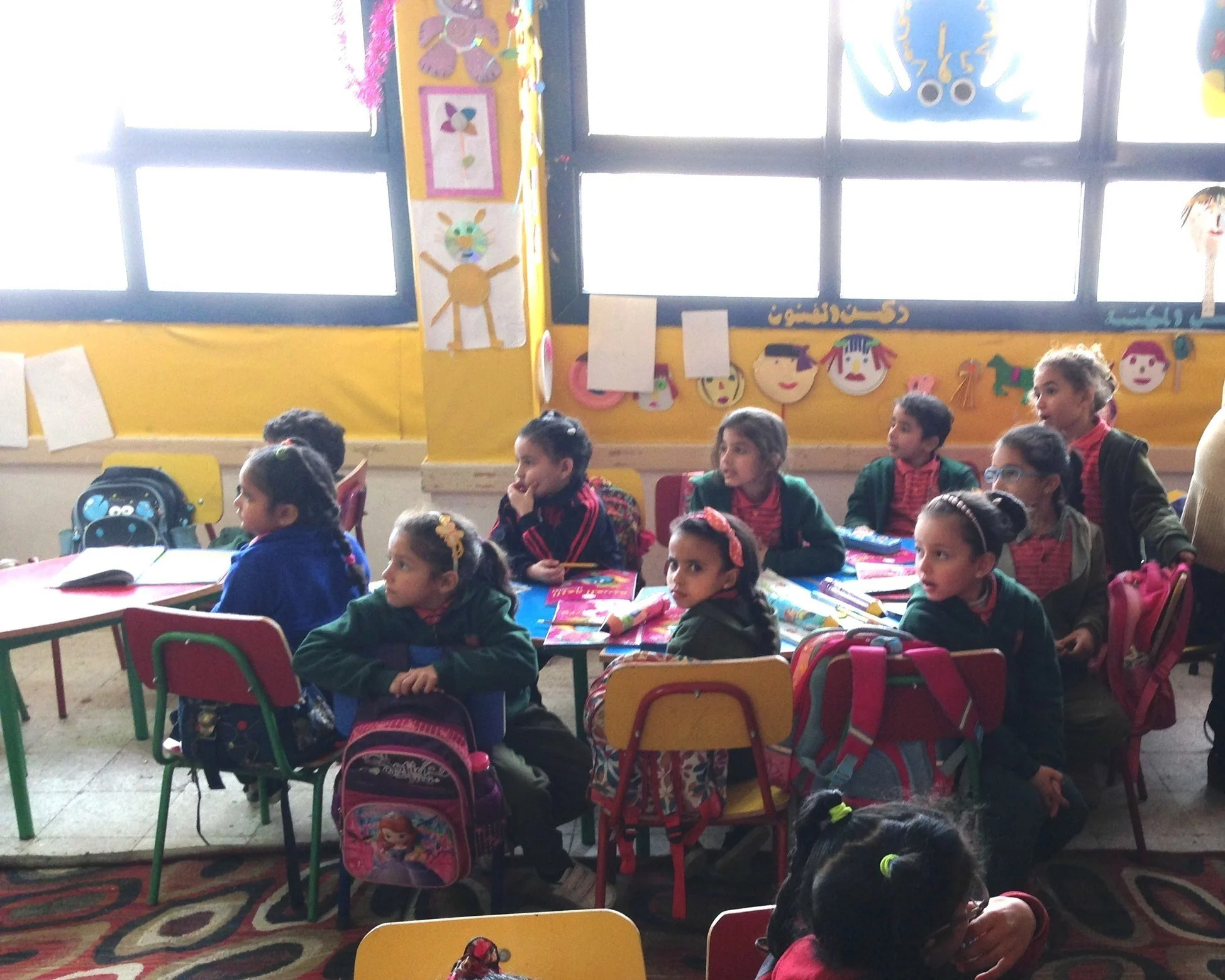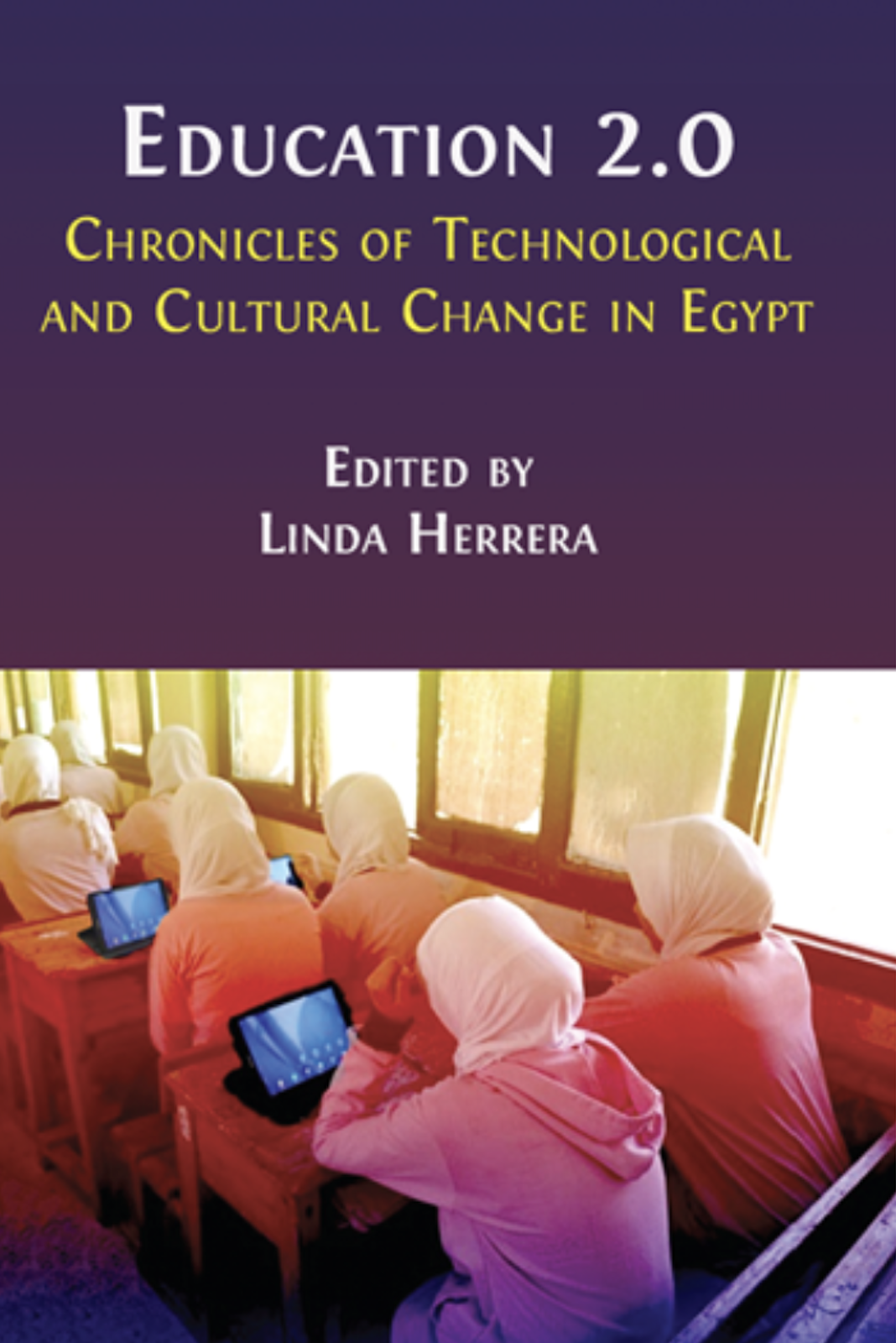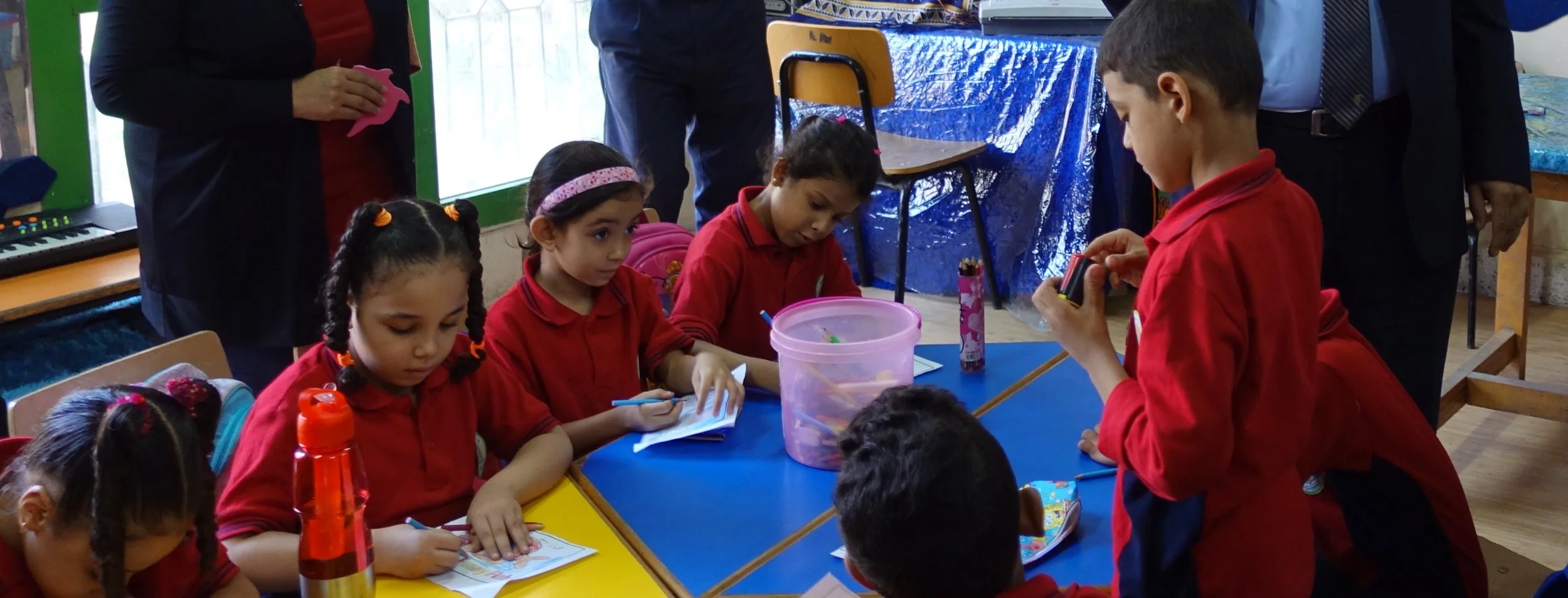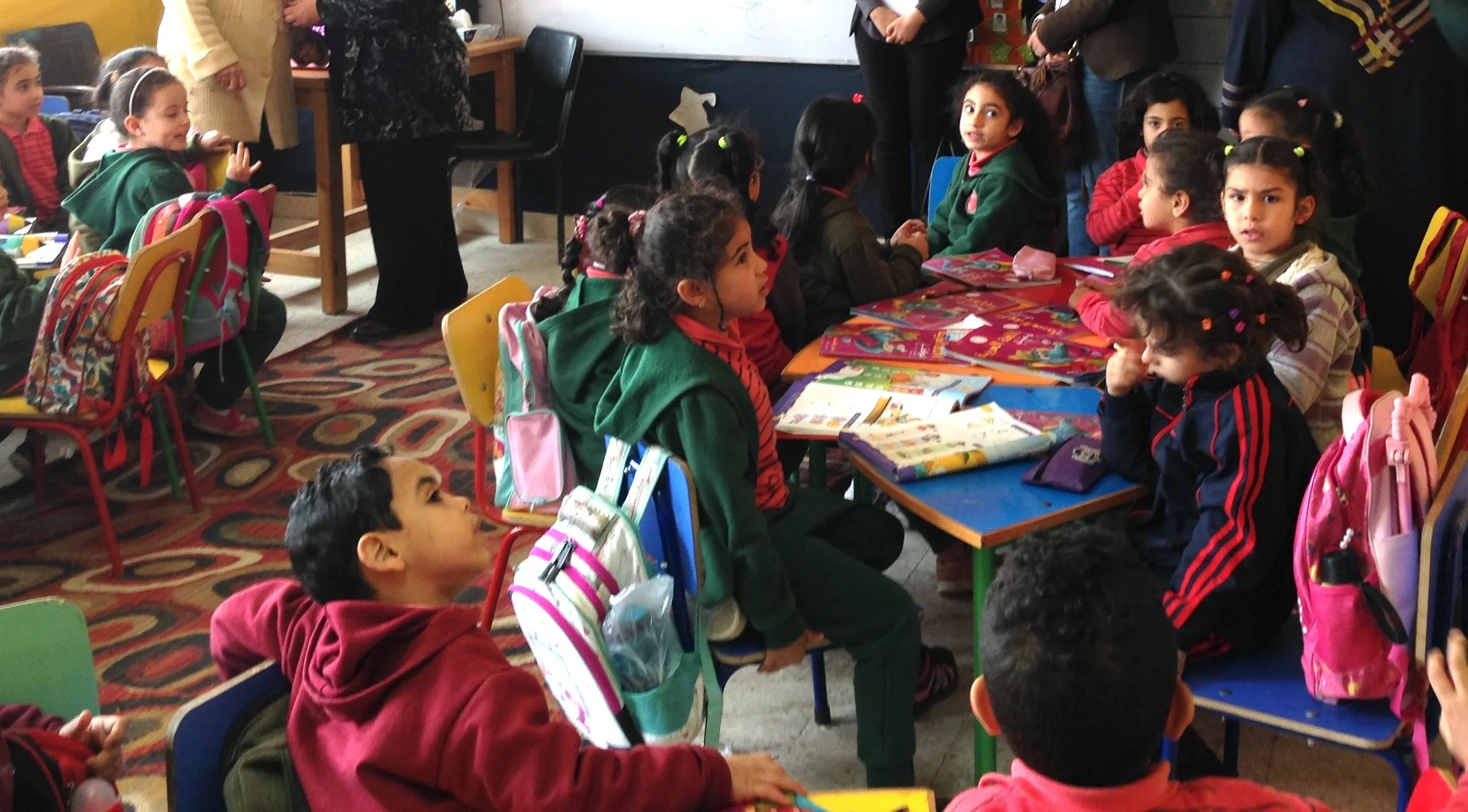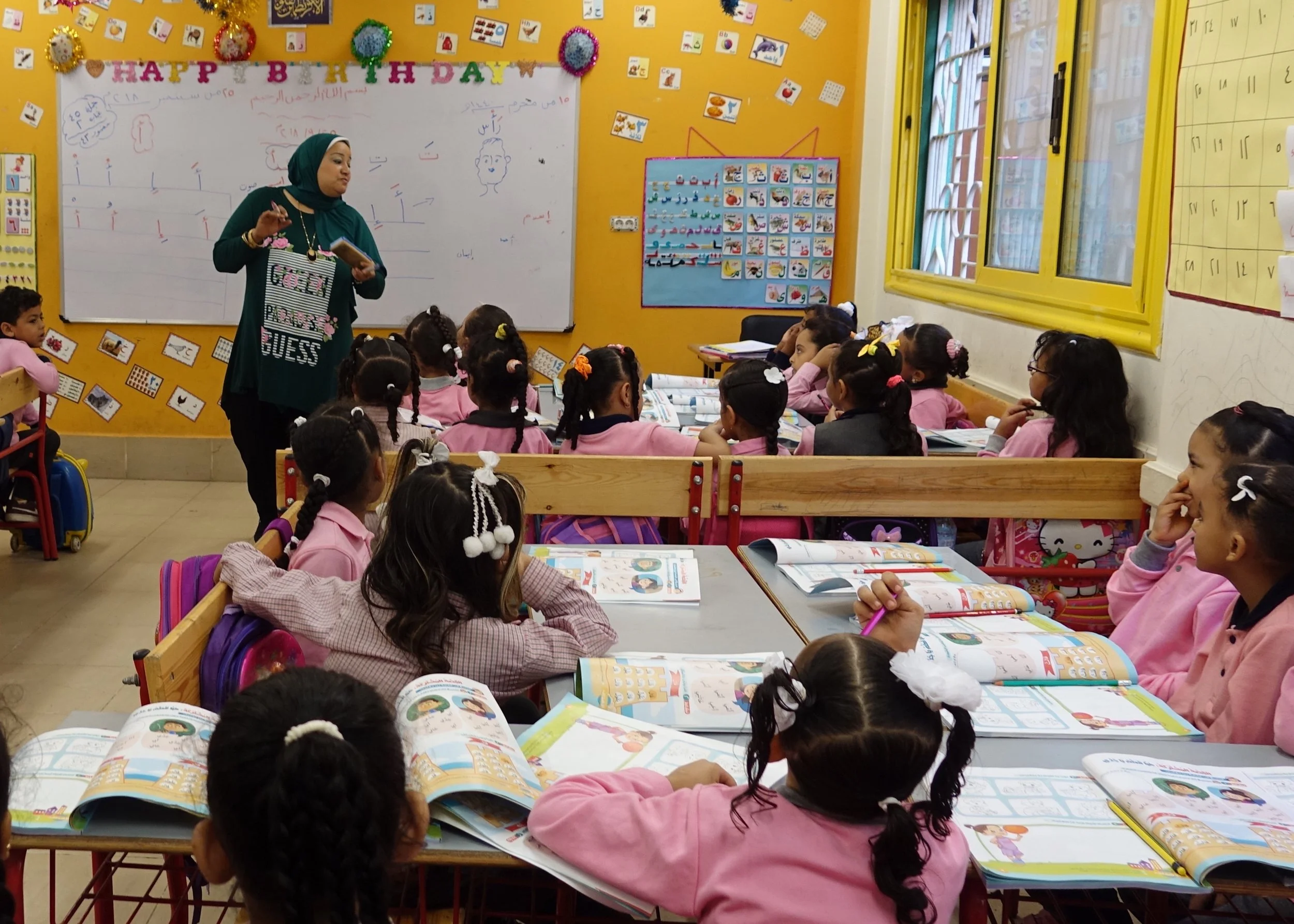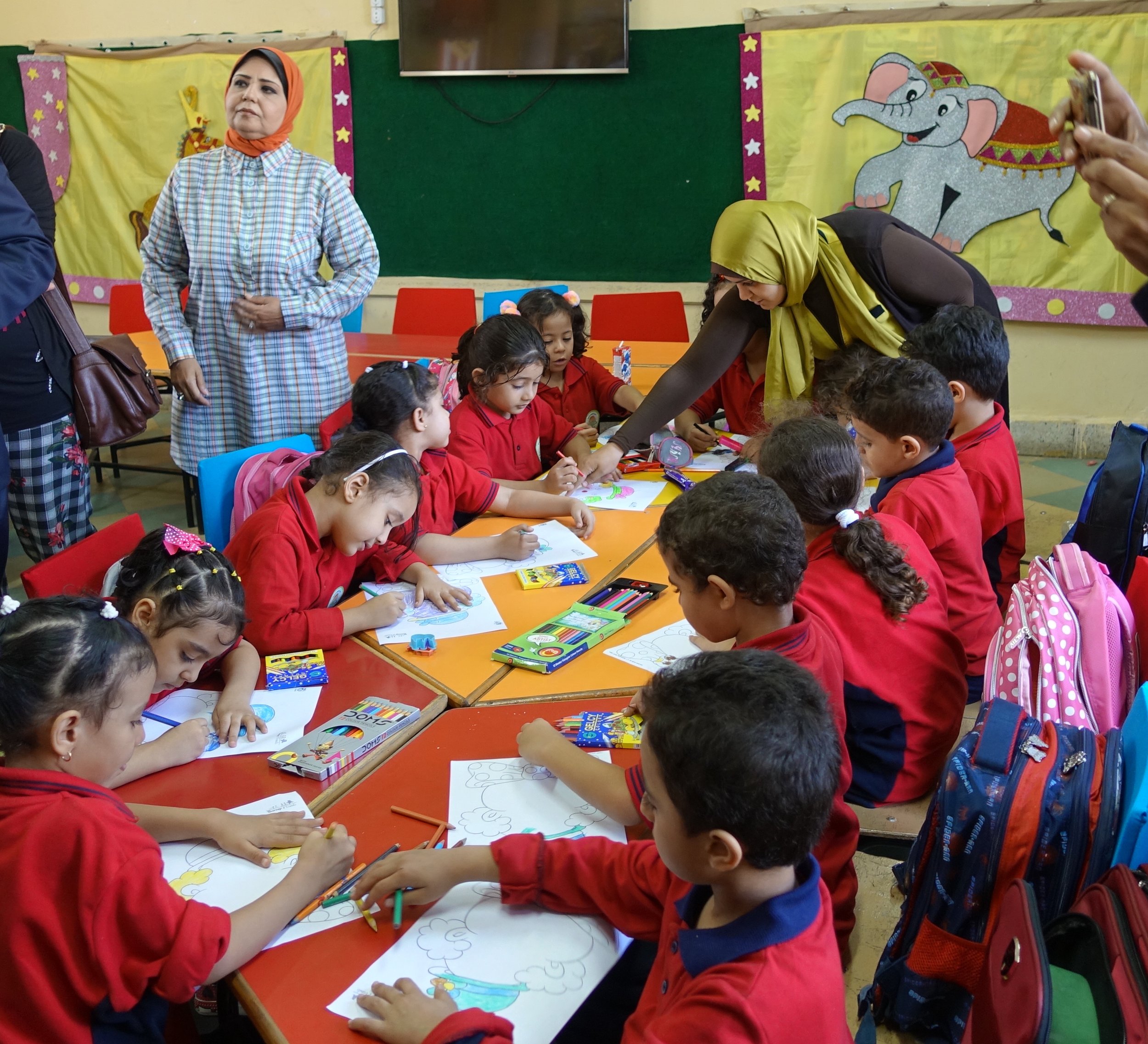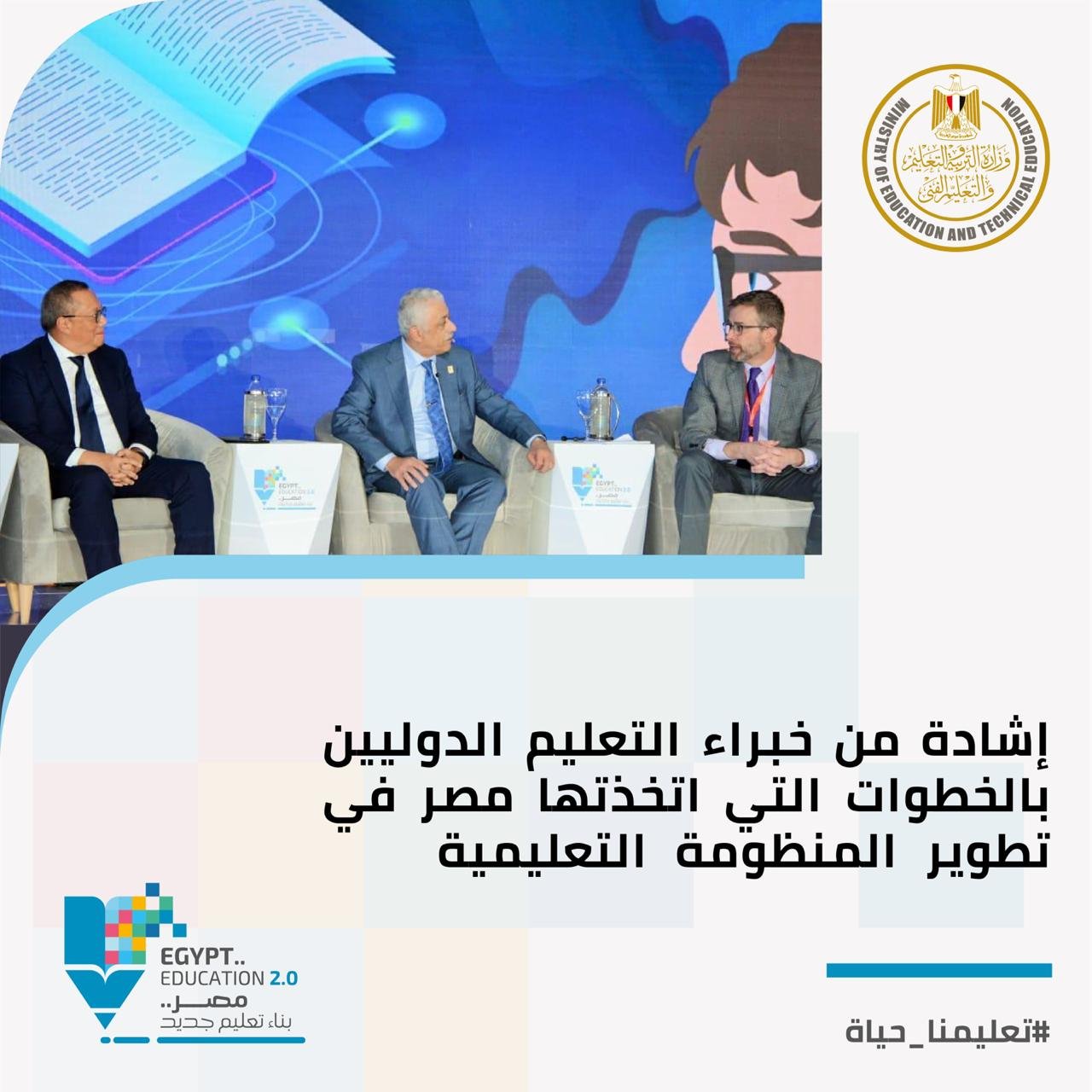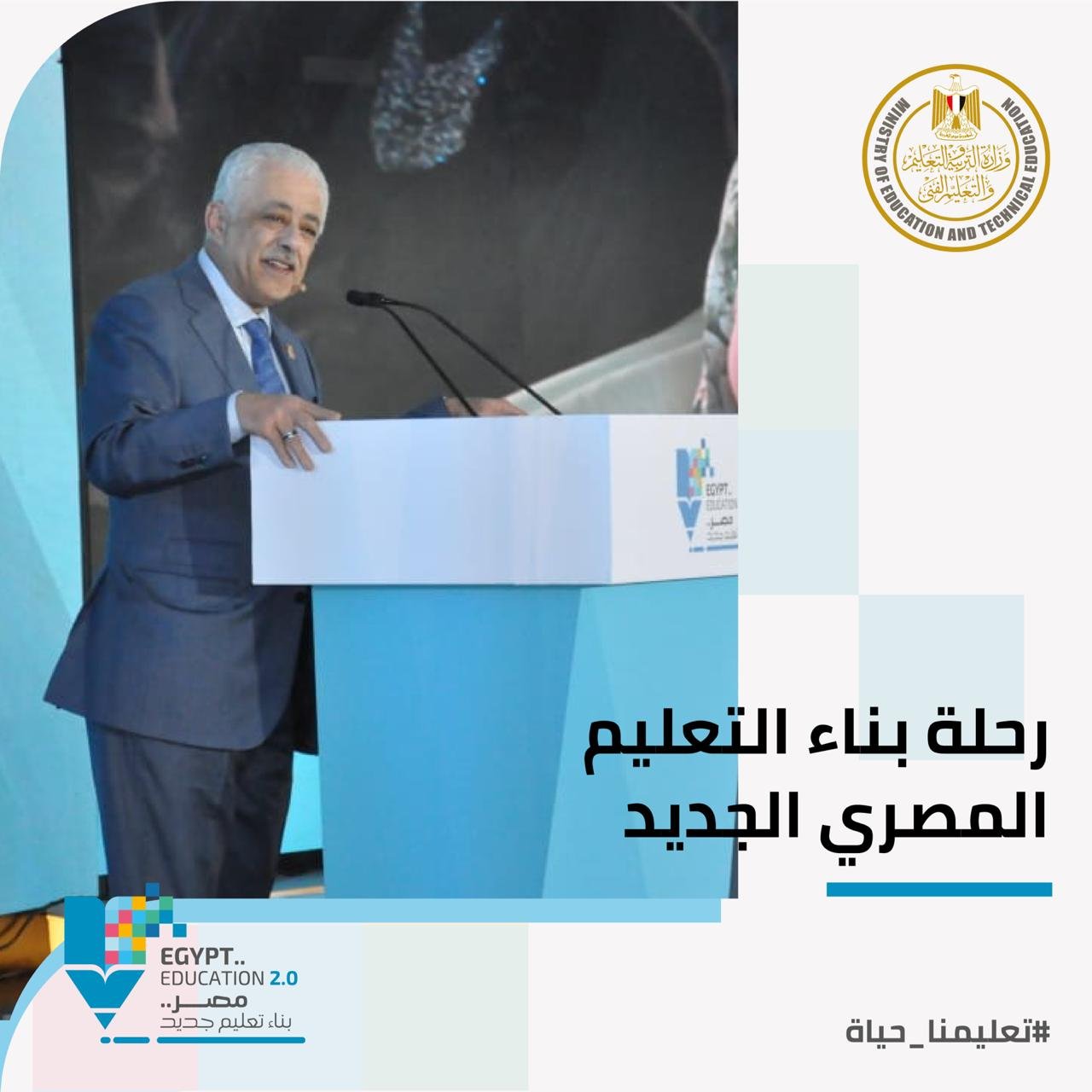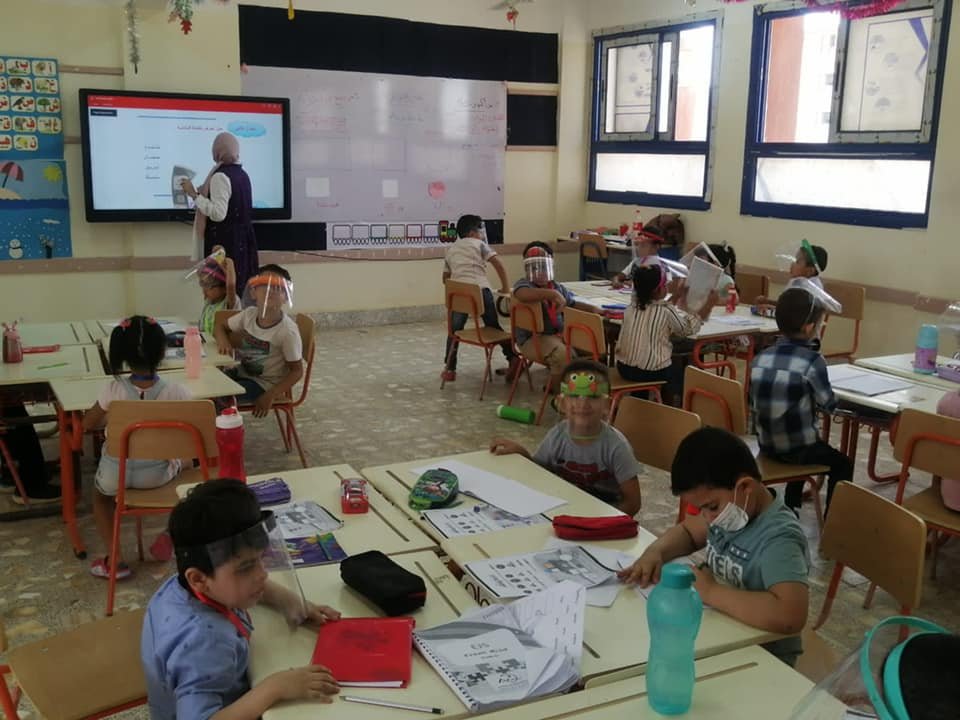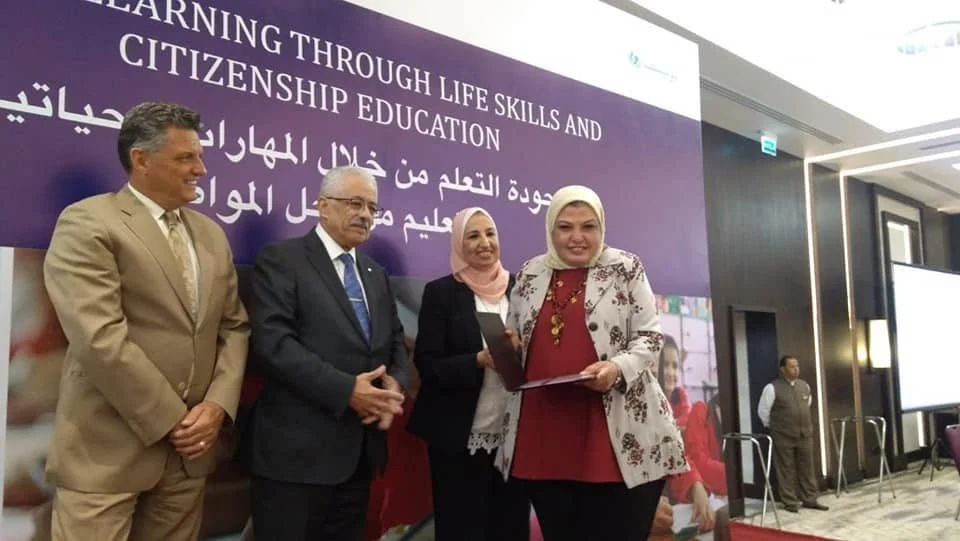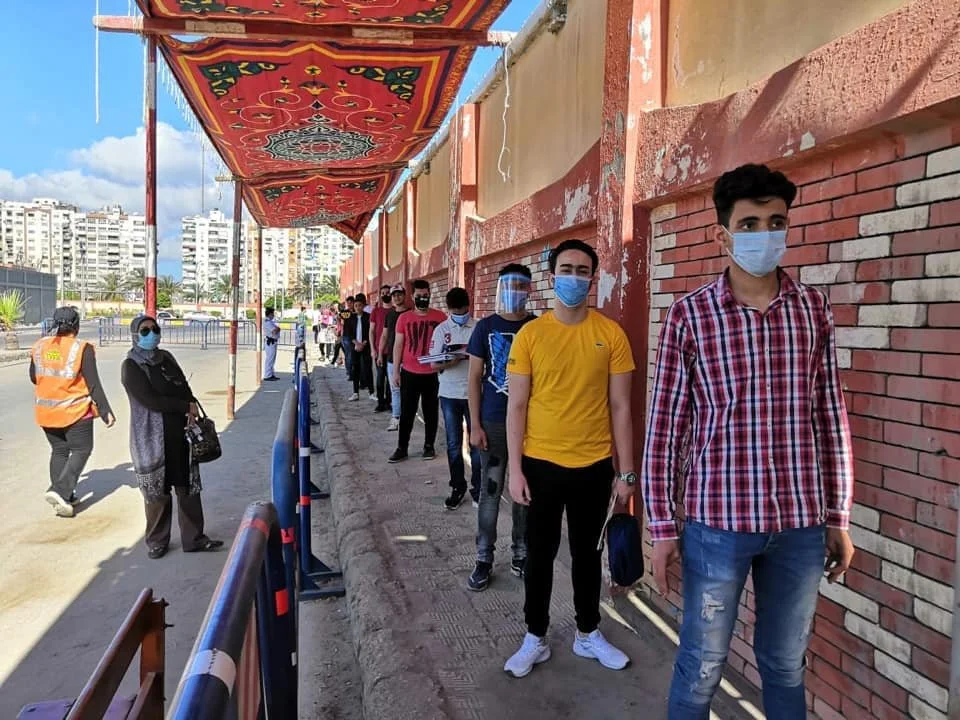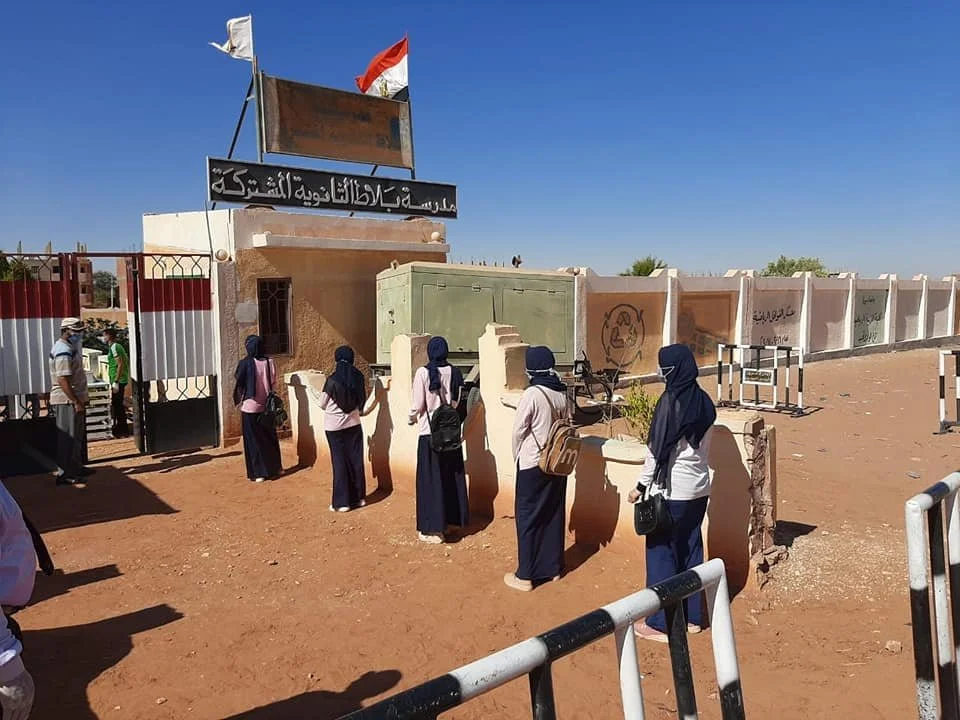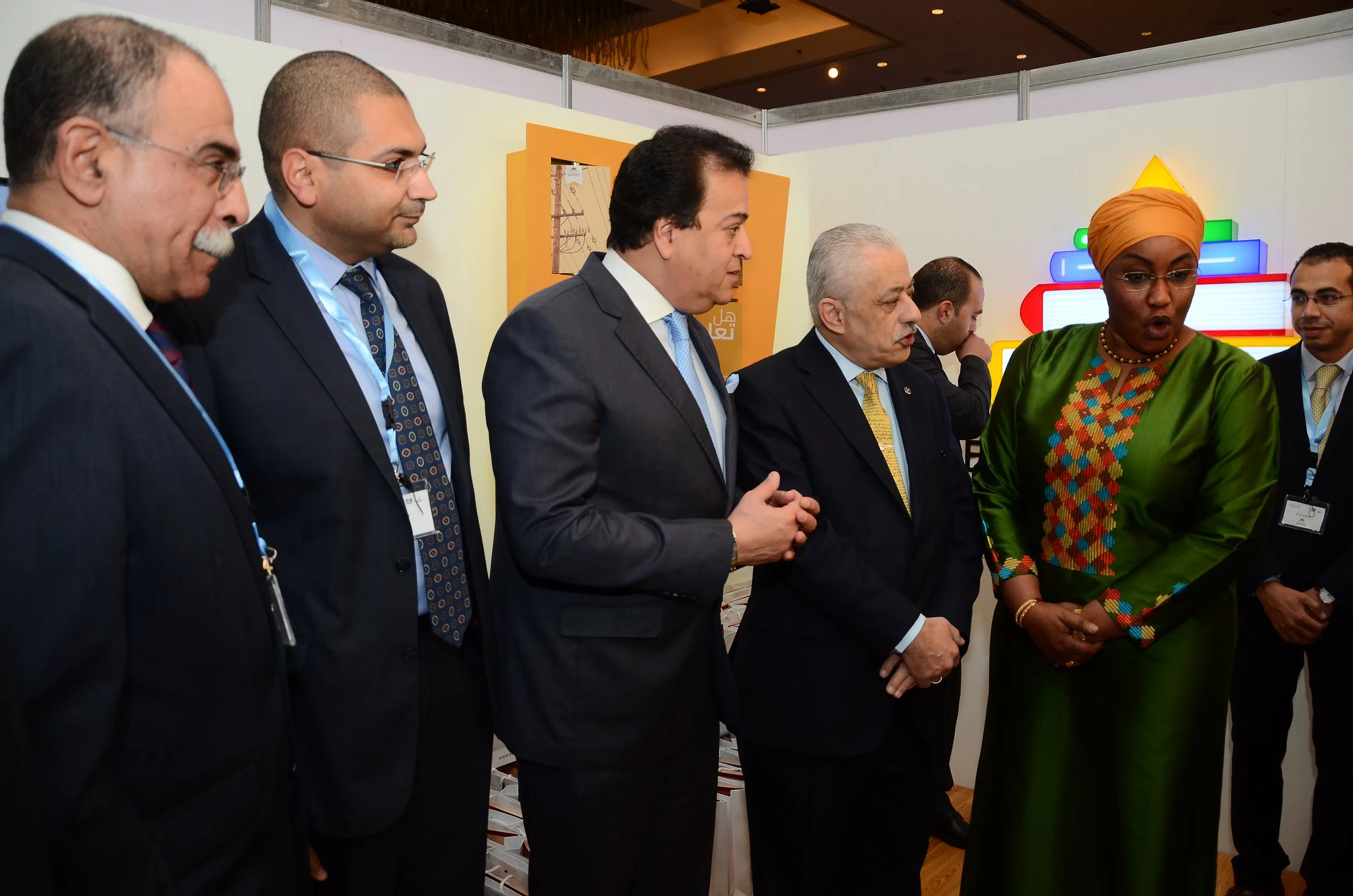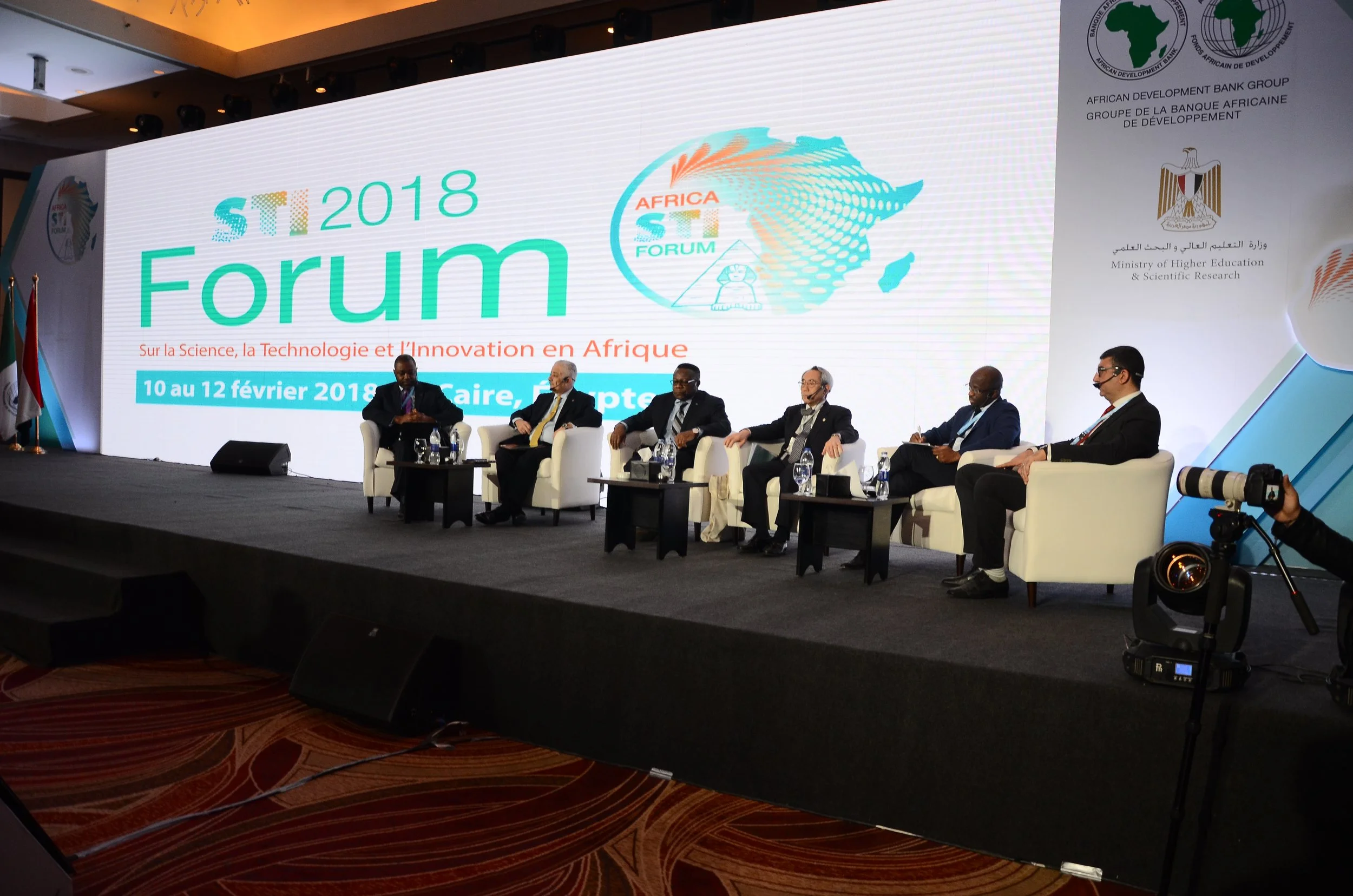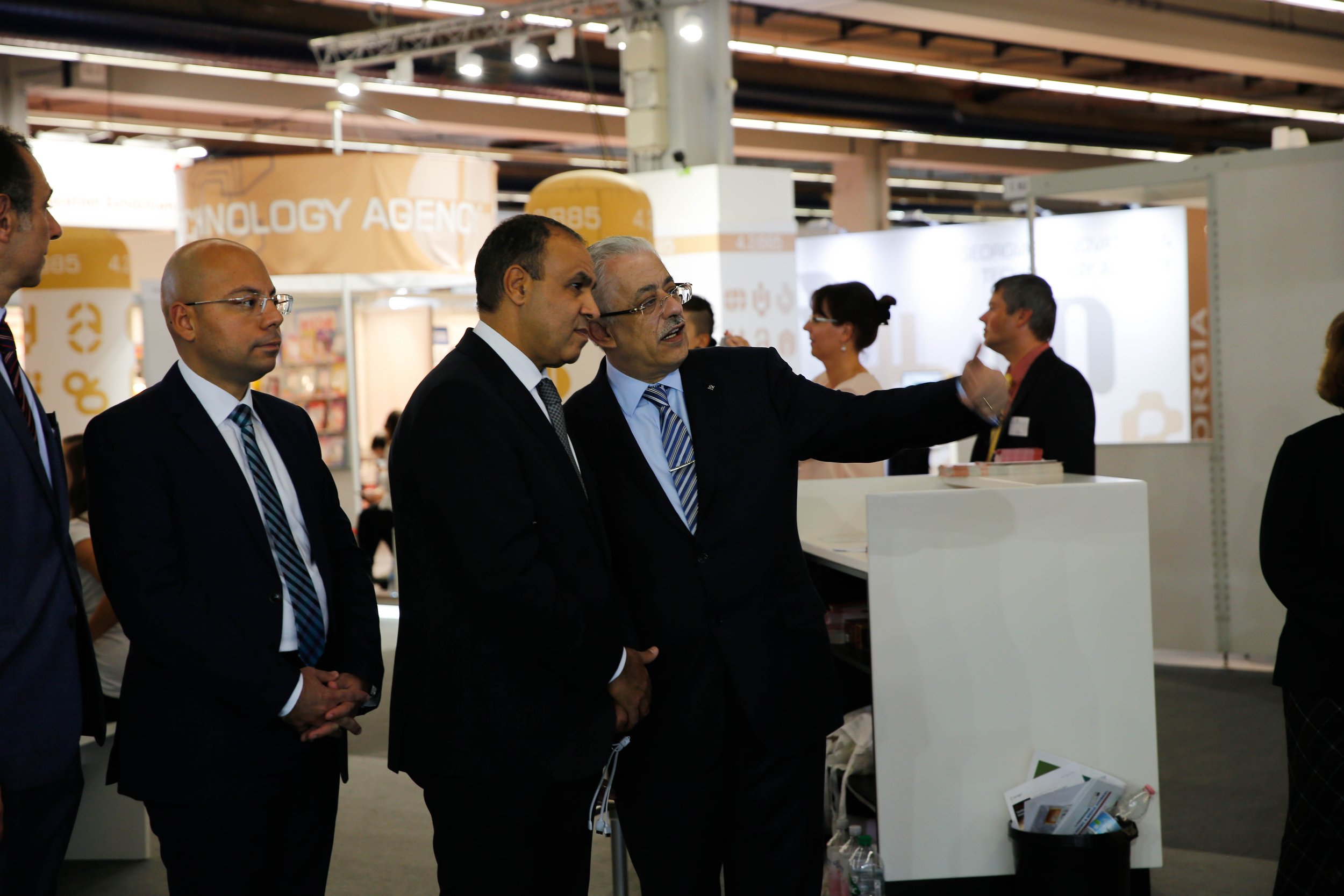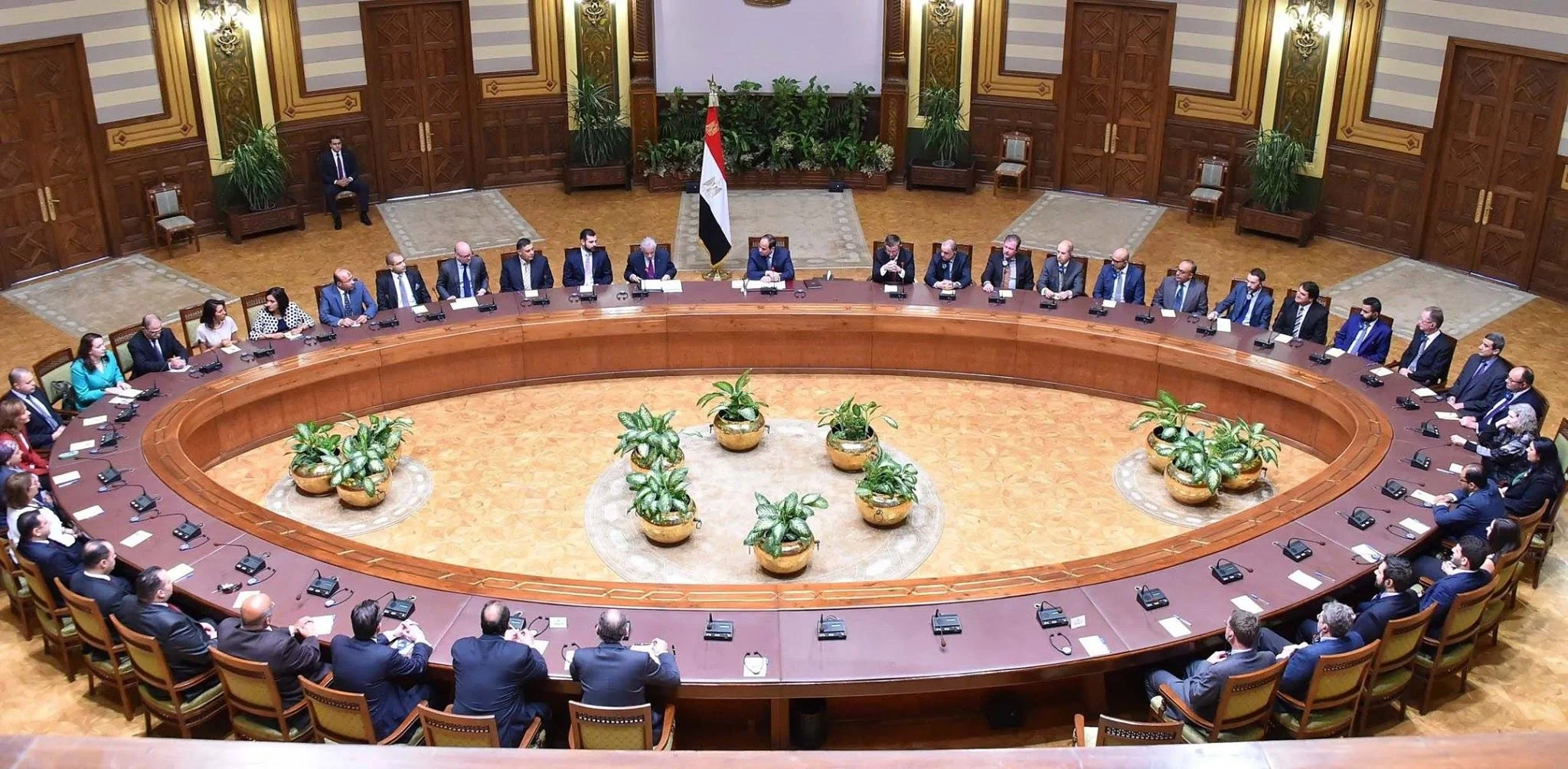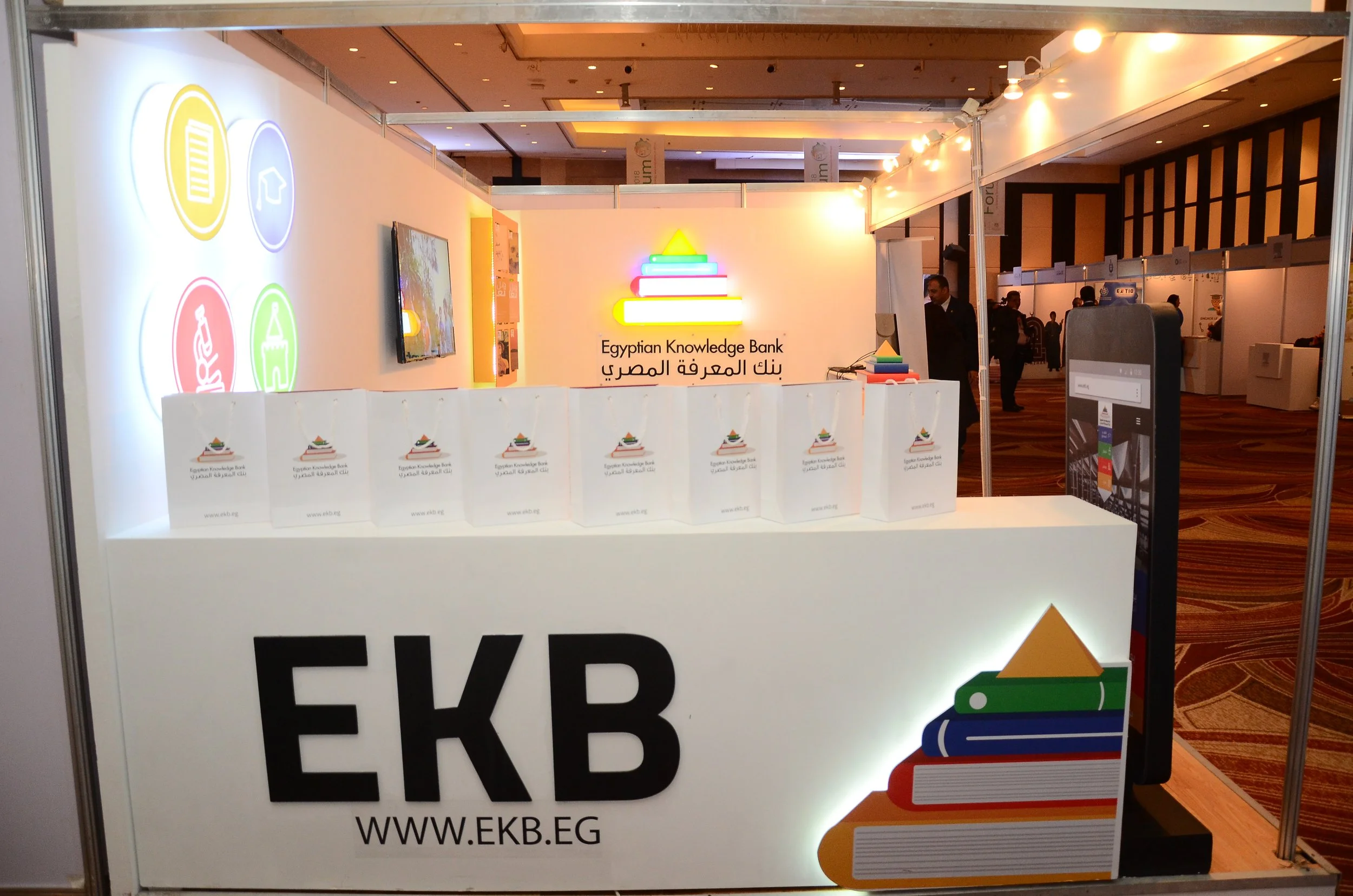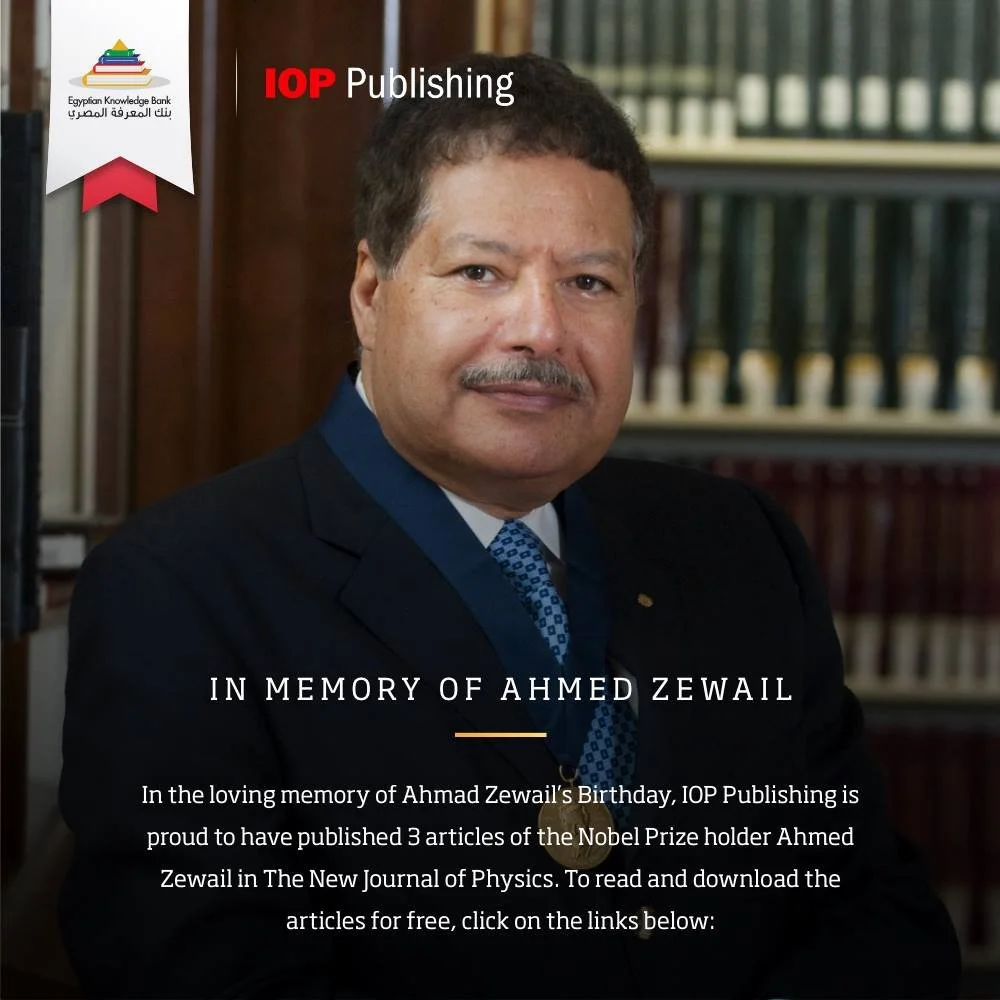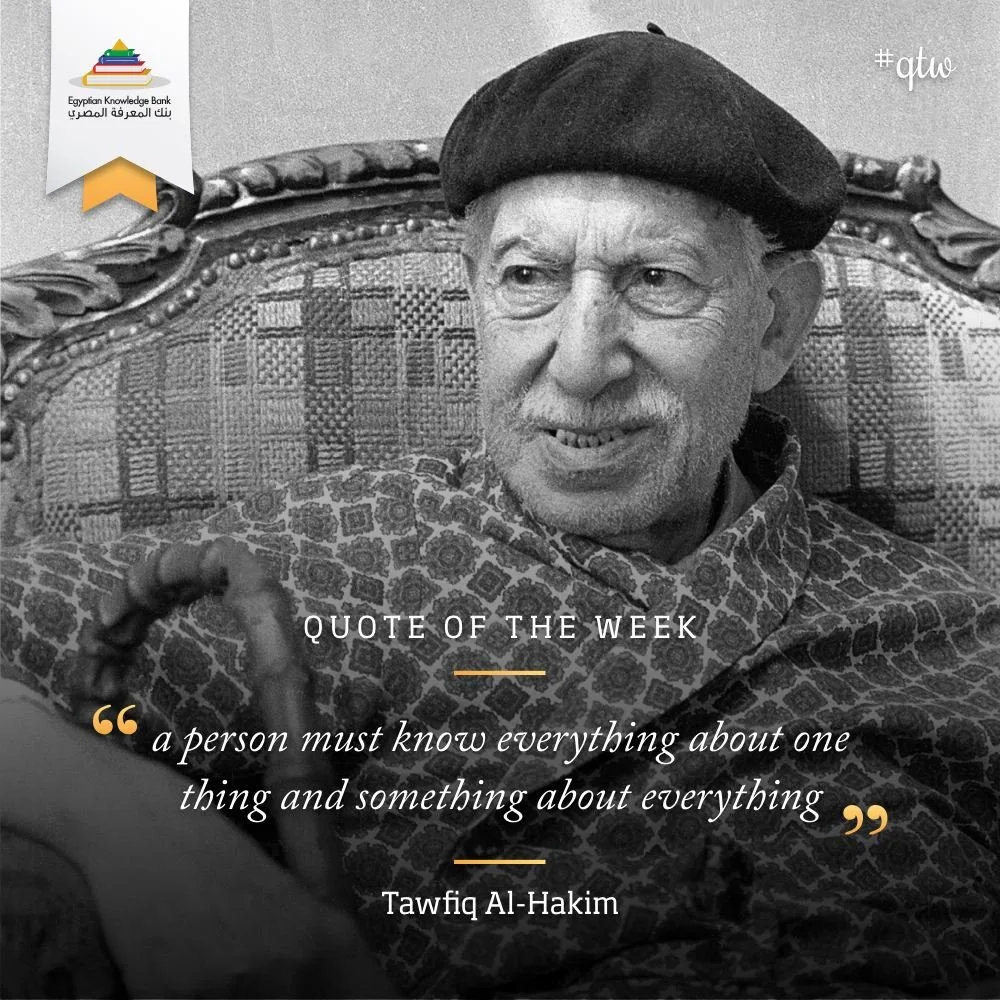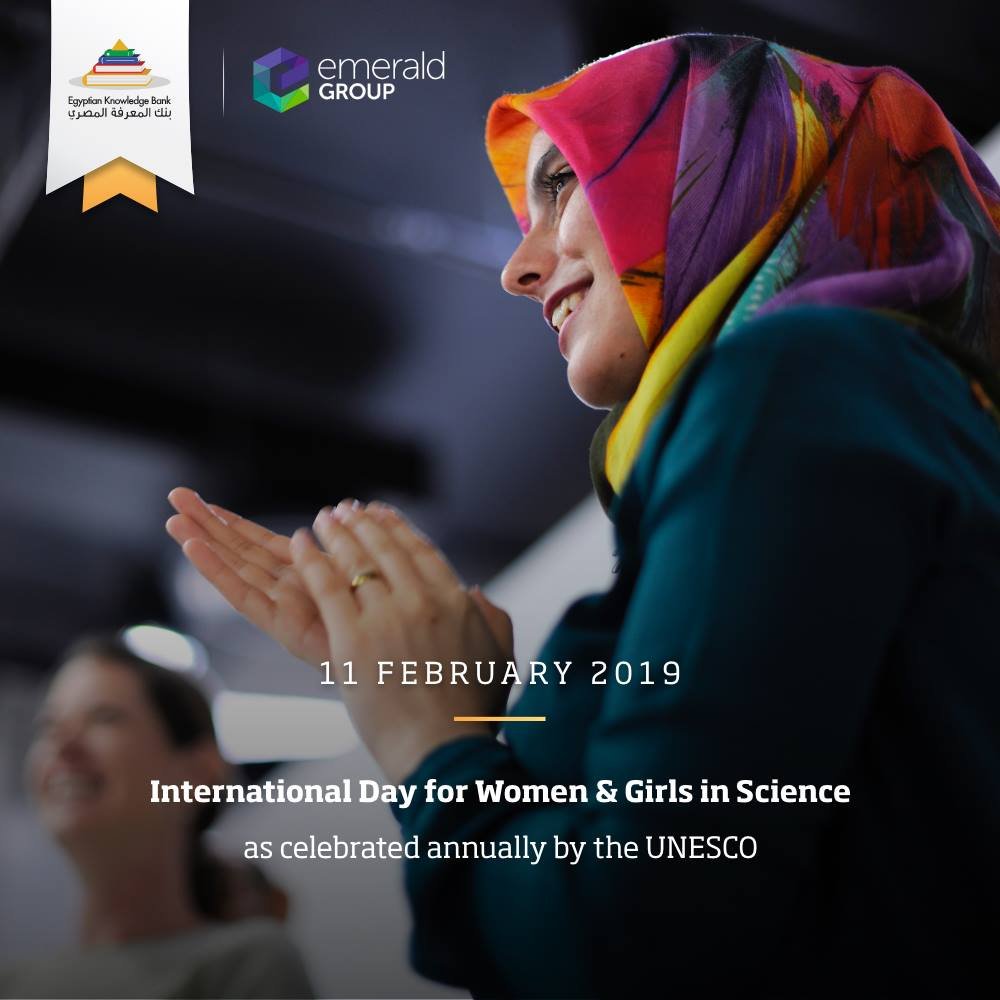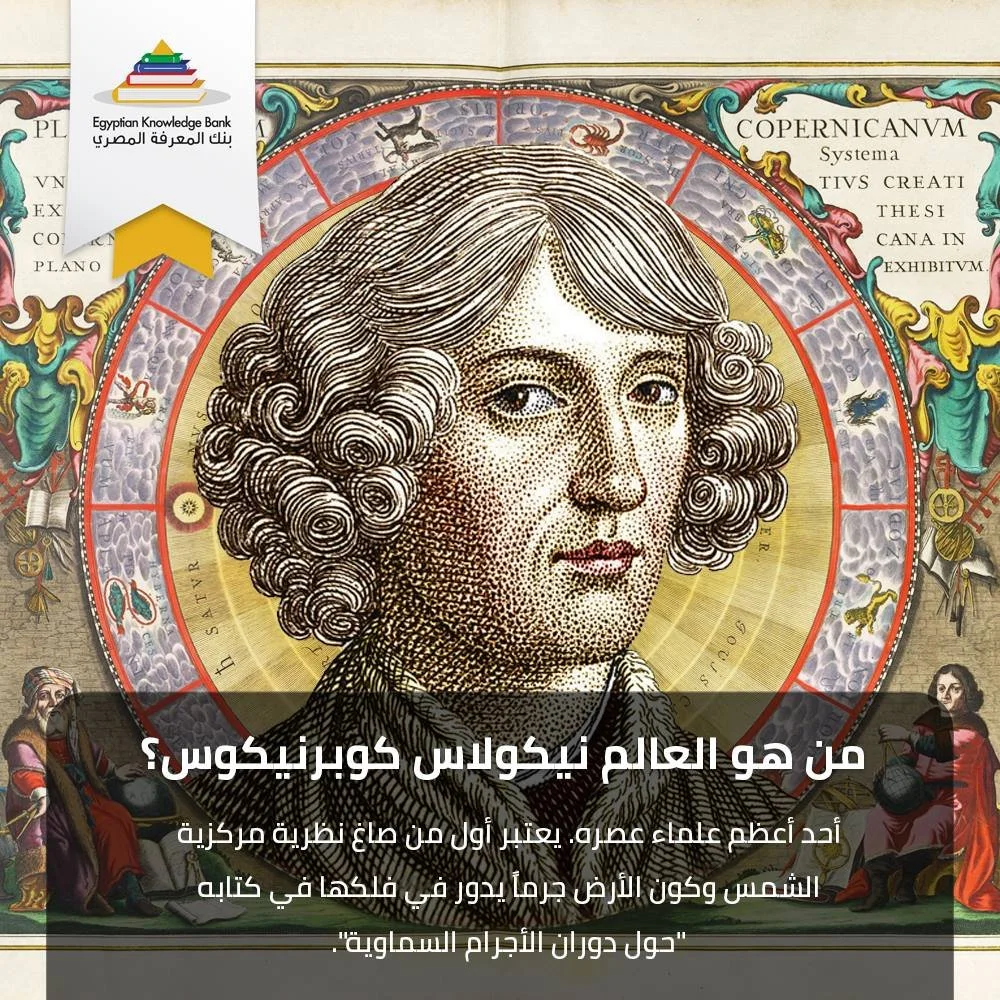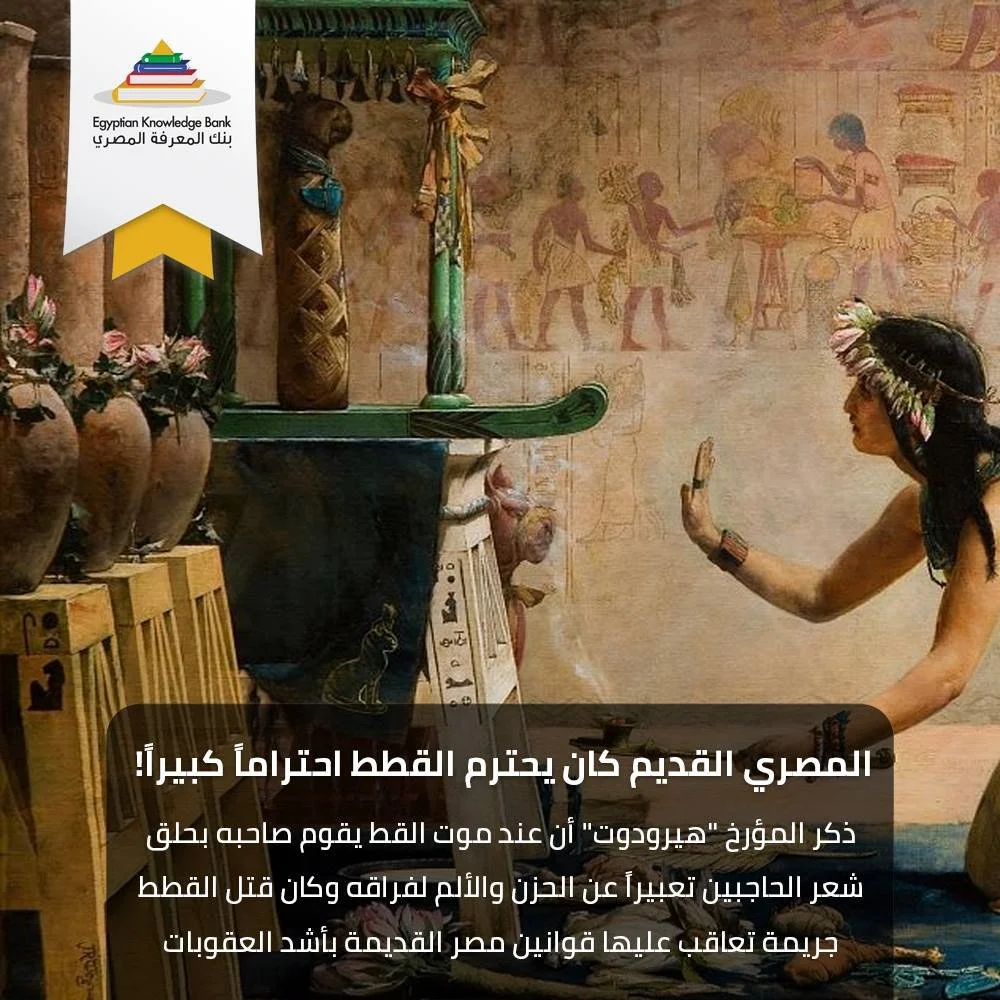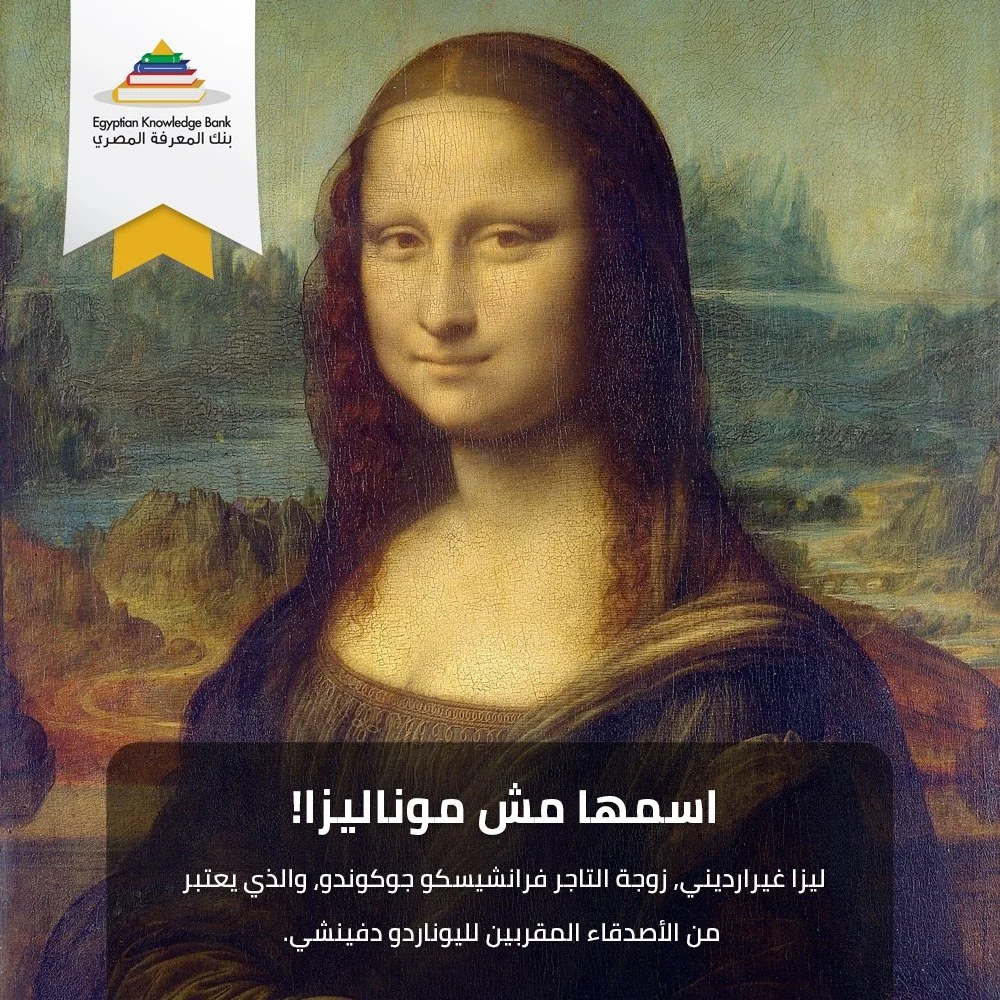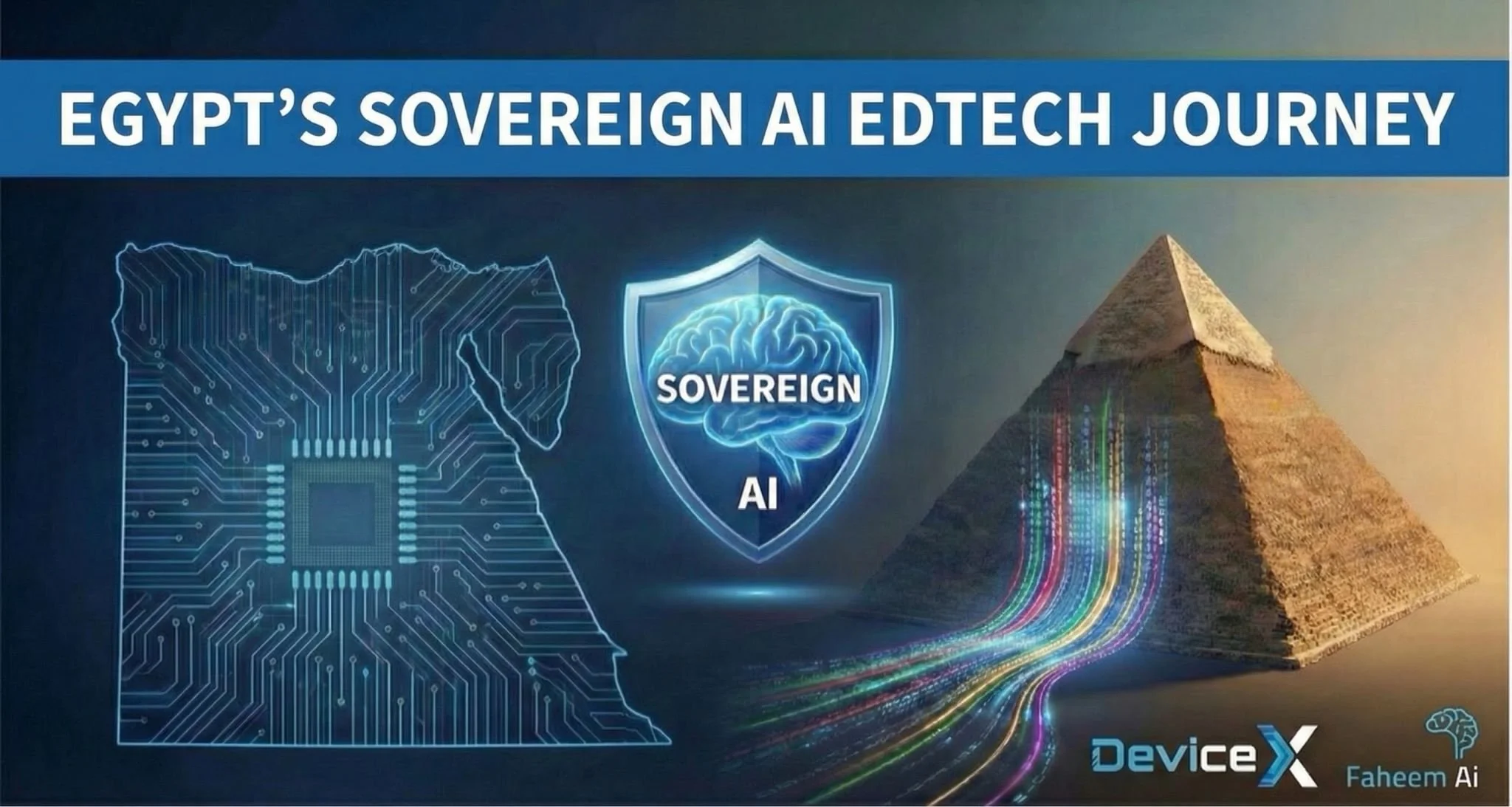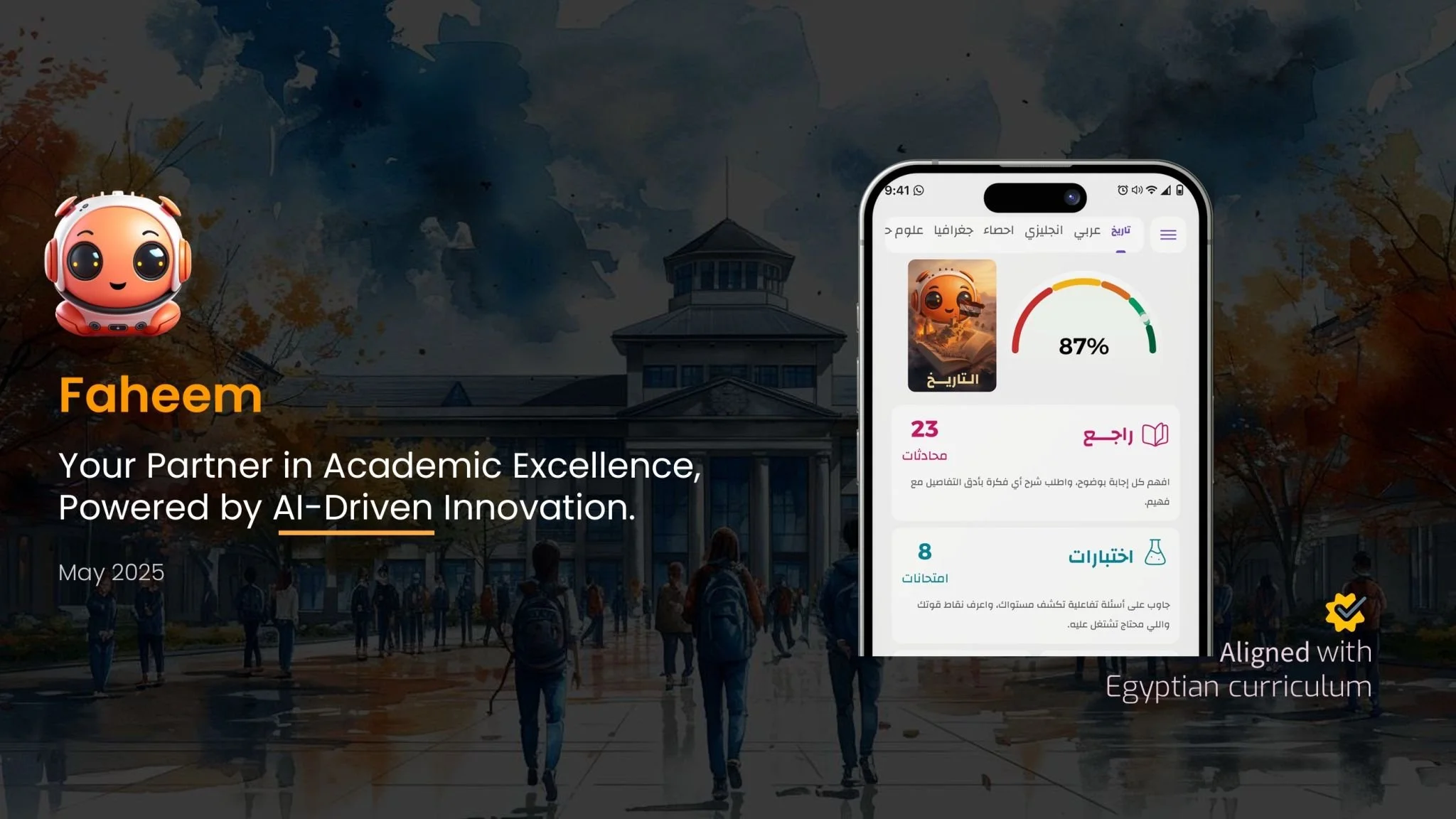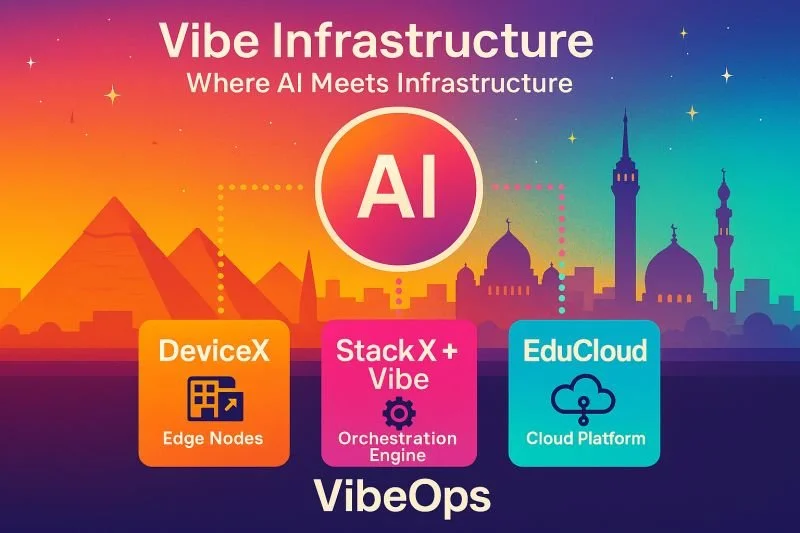In 2018, Egypt embarked on a major reform to build a new education system, “Education 2.0, in line with Egypt Vision 2030 and the Sustainable Development Goal #4 (SDG4).
في عام 2018، بدأت مصر إصلاحًا كبيرًا لبناء نظام تعليمي جديد، التعليم 2.0
WHO IS THIS WEBSITE FOR?
This website caters to students, researchers, educators, and international education professionals. Resources about education reform range from the new textbooks to aspects of digital transformation. See ABOUT.
لمن هذا الموقع؟
يخدم هذا الموقع الإلكتروني الطلاب والباحثين والمعلمين والمتخصصين في مجال التعليم الدولي. وتتنوع الموارد المتاحة حول إصلاح التعليم لتشمل الكتب المدرسية الجديدة وجوانب التحول الرقميTHE WEBSITE INCLUDES
Textbooks & Teacher’s Guides (KG-Grade 6)/ الكتب المدرسية وأدلة المعلم
Policy Documents / وثائق السياسة
Curriculum Frameworks/ أطر المناهج
Oral History Interviews from Education 2.0 book/ مقابلات التاريخ الشفهي
Gallery of EDU 2.0 Photos / الصور
The book Education 2.0: Chronicles of Technological and Cultural Change in Egypt
provides a rare glimpse into the process of education reform from the ‘top down’ and ‘bottom up.’ It draws on oral history interviews about the first five years of the ‘New Education System’, first rolled out in 2018.
يقدم كتاب "التعليم 2.0: سجلات التغيير التكنولوجي والثقافي في مصر" لمحة نادرة عن عملية إصلاح التعليم من منظور "من الأعلى إلى الأسفل" و"من الأسفل إلى الأعلى". ويعتمد الكتاب على مقابلات التاريخ الشفهي حول السنوات الخمس الأولى من "نظام التعليم الجديد" الذي تم تطبيقه لأول مرة في عام 2018.



